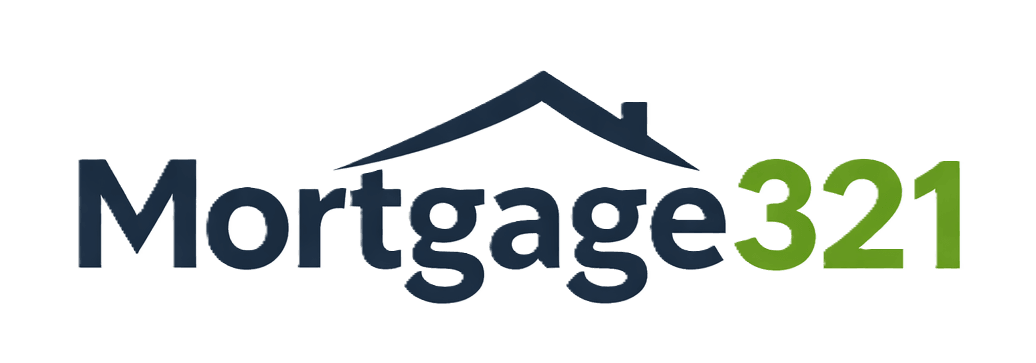Unlocking Greater Mortgage Access with Flexible Lending Options
MP
In today's dynamic financial landscape, securing a mortgage can be challenging for individuals with unique circumstances. However, innovative lending solutions are emerging to bridge this gap, offering more inclusive options for a broader range of applicants.
What is Flexible Lending?
Flexible lending is an approach that considers a wider spectrum of applicants, including those who might not meet traditional lending criteria. This model focuses on understanding the individual's complete financial picture, rather than relying solely on rigid credit scores or standard employment histories.
Who Can Benefit from Flexible Lending?
Flexible lending is particularly advantageous for:
- New Job Starters: Individuals who have recently commenced employment or are within their probationary period.
- Sole Applicants in Married Couples: Married individuals applying for a mortgage in their name alone.
- Recent Credit Blips: Applicants who have experienced minor missed payments on fixed-term unsecured credit agreements within the last six months.
- Payday Loan Users: Those who have taken out a payday loan in the past 12 months.

Key Features of Flexible Lending
- Higher Loan-to-Value (LTV) Ratios: Offers up to 85% LTV, enabling borrowers to secure mortgages with a smaller deposit.
- Standard Interest Rates: Applicants are not penalised with higher interest rates despite their unique circumstances.
- Simplified Processes: The application process remains straightforward, with no additional complexity compared to standard mortgage applications.
- Additional Completion Fee: A supplementary completion fee ranging from £1,000 to £2,500 may apply, based on the level of flexibility required.
Why Choose Flexible Lending?
Opting for a flexible lending solution can be beneficial for: - First-Time Buyers: Individuals entering the property market for the first time, who may not have a long credit history.
- Self-Employed Professionals: Self-employed individuals with non-traditional income streams.
- Those with Adverse Credit Histories: Applicants who have experienced financial difficulties in the past but have since improved their financial standing.
- Property Investors: Investors seeking to expand their property portfolios but facing challenges with conventional lending criteria.

Conclusion
Flexible lending is reshaping the mortgage landscape, offering opportunities for individuals who might otherwise be overlooked by traditional lenders. By focusing on the individual's overall financial situation, rather than rigid criteria, flexible lending provides a pathway to homeownership and property investment for a broader audience.
If you or your clients find themselves in unique financial circumstances, exploring flexible lending options could be the key to unlocking mortgage opportunities.
Ready to explore how flexible lending can work for you?
Contact Mortgage321 today on 0800 612 8292 for personalised advice and solutions designed to get you moving.
